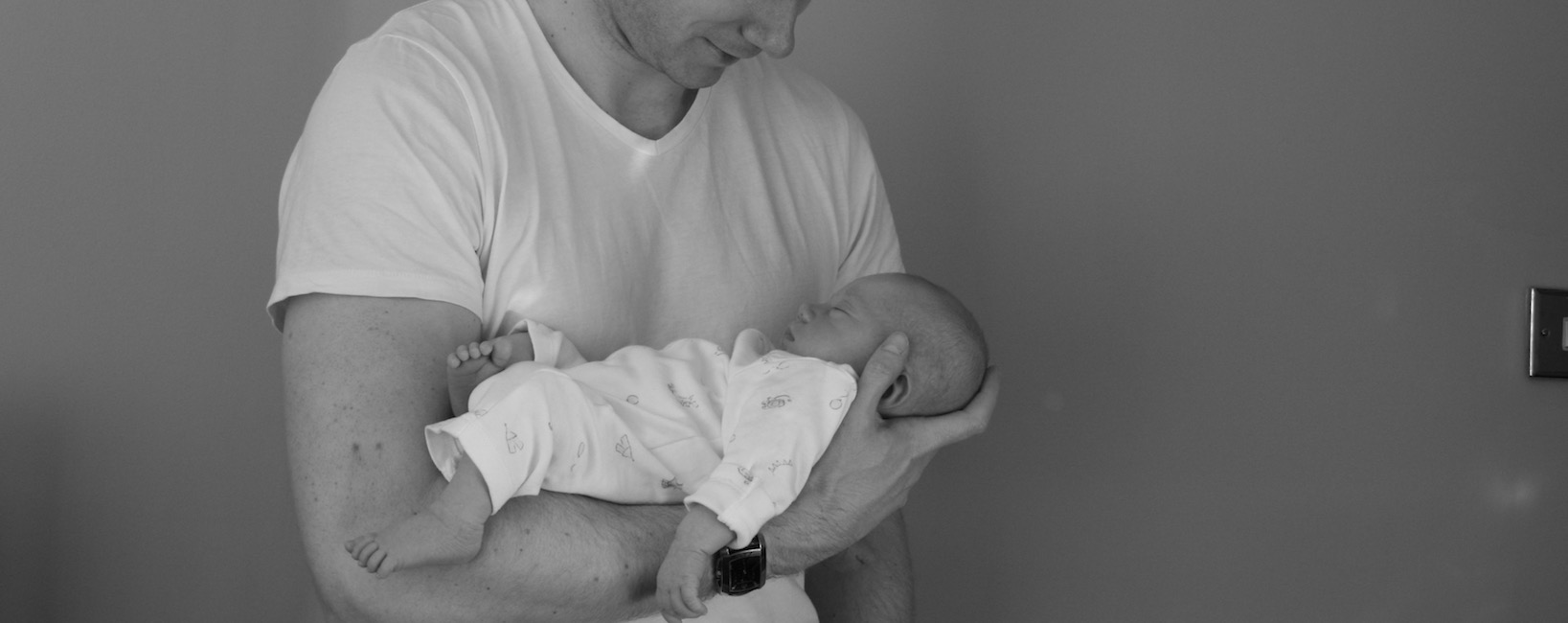
How to Manage a Crying Baby
Babies cry. A lot. Studies show that 10% of babies cry “persistently” (more than three hours per day). On average it has been found that babies cry for 2 hours per day with a peak in the evening – the witching hour. Crying is particularly common in the first three months after birth.
A crying baby can be a huge source of stress and upset. There is nothing like an inconsolable infant to make you feel utterly hopeless! However, while crying can be distressing it is the main form of communication your baby has. And although initially, a baby’s cries can make you feel helpless with time you will learn to understand this vital communication tool. Here is our checklist of things to consider when your baby is crying.
Get to know your baby. Watch and listen. Does the cry sound normal?
With careful attention, you will develop your communication skills with your baby. Pay close attention to them. With time you will know the cry they do when they are hungry, the cry for when they are lonely need a cuddle and the cry for when they have an apocalyptic nappy.
There is a catch. As is the case throughout the parenting journey, as soon as you think you have cracked it, they have taken a developmental leap that makes all your hard work redundant. You’ll quickly have a whole new set of skills to learn.
A high pitched or shrill cry that is different from your baby’s usual cry can indicate something is wrong. If you hear this make sure to give them a good check over.
Do they have a fever?
Always important if the cry is persistent or abnormal is to check for a temperature. A fever in an infant is defined as a temperature above 38°C. Children under three months of age who have a fever above 38°C should be seen and assessed by a doctor.
Are they too hot or too cold?
Babies can be quite fussy about their temperature. Infants have not yet developed all the sophisticated strategies adults and older children have to regulate temperature. Make sure they are dressed appropriately for the surroundings.
Are they tired?
Sometimes babies will be tired but fight sleep, such is their excitement to take in the world around them. Some babies can be quite sensitive and find that too much stimulation around them can be overwhelming.
The best strategy here is to try to recreate the comforting surroundings of the womb. Swaddle snuggly but ensuring the hips are free to move. Cuddle gently in your arms and rock soothingly. Singing a lullaby has been shown to help quieten crying babies quickly (my girls always found Christy Moore songs particularly soporific). Some babies prefer being held in certain positions such as on their front, side or over your shoulder. If breastfeeding is well established giving baby a dummy to suck can be very soothing.
Are they hungry or thirsty?
Try offering breast or bottle if baby is distressed. Many parents worry about creating bad habits by doing this in terms of comfort, for the baby there is nothing quite like being cradled in the arms of a parent while being gently rocked and having some milk. And surprisingly, babies who are “spoiled” actually tend to cry less.
Do they have wind?
We have a number of relatives and friends who bemoan the lack of winding of babies “these days.” They do have a point. It is surprising how often a massive burp instantly relieves a crying baby.
Do they need a new nappy?
It seems simple but somethings the simple things are forgotten when you are particularly frazzled looking after a baby. Sometimes it may not even be that the nappy is soiled but just adjusting it to a more comfortable position can help.
Do they have a rash?
Babies have very delicate skin. Check the nappy area for irritation and everywhere else for any uncomfortable looking rash.
How are you?
One aphorism of childcare is “As calm as you are is as calm as they’ll be.” With that in mind make sure you have also been looking after yourself. Babies can sense when we are stressed. I am a much better parent if I have been fed, watered, rested, not dying to go to the loo, and not too hot or too cold. You will be too so make sure that in your efforts to care for your child you have not neglected yourself.
If it is all getting too much give yourself a time-out. Put the baby on their back with their favourite teddy in a safe place such as the crib or cot and pull to door closed. Set a timer for 3-5 minutes and take a few moments to have a (soft) drink, take a few deep breathes, listen to a song or read a few pages of a book. When you are ready and feeling a little refreshed you can start to soothe your baby again.
A great go-to for me was the baby carrier. Movement is a fantastic way to soothe a baby. Putting the baby in the baby carrier and going for a few laps around the park was a great way to calm everyone down.
It seems like a crazy thing to say, but treasure this time. It’s not for long that they are entirely dependent on you. Soon enough, you’ll have all sorts of other things competing for their attention.
Dr J Hugh Coyne